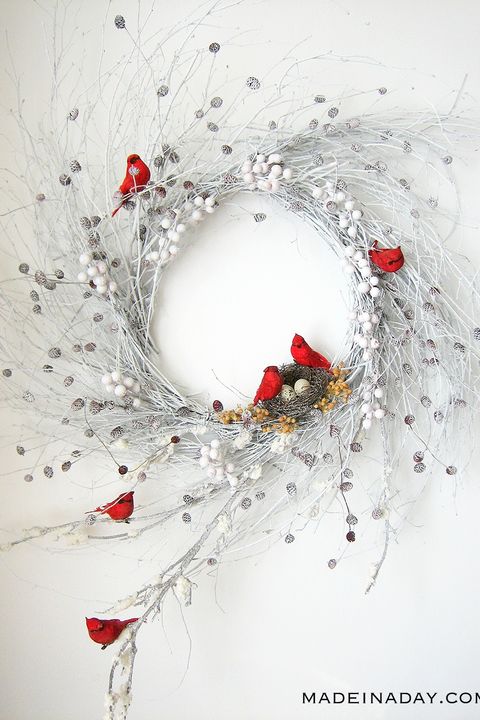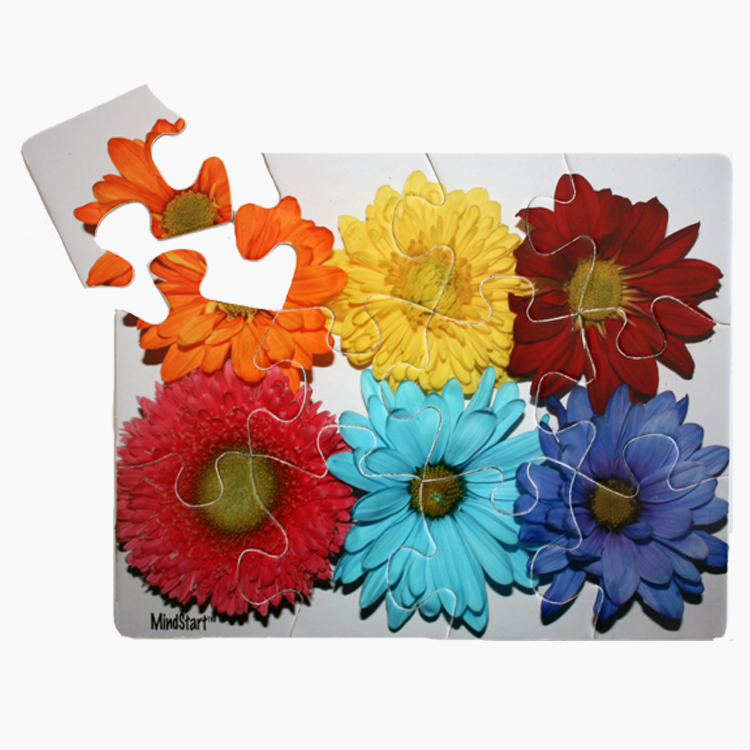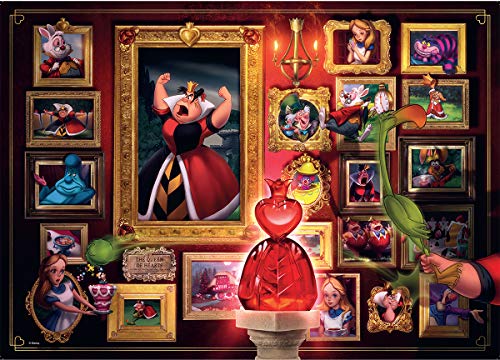
Flower puzzles are an entertaining way to introduce children and adults to the different parts that make up a flower. Many of these puzzles can be used with children of all ages. Children will be able learn about the parts of the flowers, their names, as well the shapes and colors. These puzzles will allow children to recognize the different parts a flower. These puzzles are a complement to the Botany Leaf Cabinet. This article will provide information on the many benefits of flower-puzzles for children.
Interactive flower puzzles
An interactive flower puzzle can help your child build a solid number sense from 1 to 20. Your child can make the number by moving the eight petals around. These flower puzzles are great for both home and classroom use. There are three difficulty levels to this game. It teaches students to recognize the number visually and solidify mathematical concepts through real-world experience.

This digital resource is intended for elementary-aged kids, from pre-schoolers up to high school students. Each puzzle features beautiful photos and illustrations of plants. The colorful flowers and plants can be found in photo puzzles of vases, in a garden or terrace, as well as in the vase. The puzzles can all be solved in 28x18 pixels. After students complete the puzzle, they can share it with their teachers.
Suitable for all ages
A general term that refers to media content is "suitable for all ages". It is not synonymous with PG. But it refers movies and TV shows that can be enjoyed by children and teenagers of all ages. In other words, a PG-13 movie may contain themes that are not appropriate for younger children, such as drug use, nudity, or graphic language. The ESRB also gives ratings to apps and video games.
PG ratings typically target films that are suitable to families with young children. G-rated films have to not offend or disturb young children. They must instead promote positive behavior and values. Also, the films must be free from profane, sexually suggestive or violent language, and non-verbal expression. Films that are suitable for all ages do not necessarily mean they are appropriate for all members of the family.
These are designed to help children understand what each part of a bouquet is.
This activity is all about the parts of flowers. Children will study a nontoxic, unpotted flower and discuss what each part means. They will then learn about pollinators and how they move pollen around from flower to flower. If there are no pollinating insects around, a flower will not produce any seeds. They can also label and draw their flower anatomy to find out more about individual parts.

Felt flowers can be a fun way for children to learn about the parts of a plant. Preschoolers are able to make and disassemble a felt flower, while identifying every part. Then they can match the various petals to their labels. It's a lot of fun as children learn more about each part of a flower. Then, they can start dissecting edible flower parts.
FAQ
What does it cost to have a hobby?
Hobby costs nothing except time. It can take many years to accomplish what you desire if you are serious about it.
But there is one thing that can help you. It's called passion'. Passion will help you put in the effort to succeed.
And once you start putting in those hours, you may find that you become addicted to the activity. Here is the fun part! Because you're doing something you like and it keeps getting better. You will likely have seen a significant improvement by the end the year.
It doesn't matter how long it takes. Try it! You may be surprised!
What are the best ways to find a hobby?
When you first start your journey into finding a hobby, you may feel like you've got nothing to choose from.
You're likely thinking, "I can't be very artistic" or "I have no idea what I'm doing."
There is a good chance that you have some experience with hobbies.
It's simply that you haven’t yet realized it.
Take a good look at what you have in your house. How many things do you own?
Do you have any old toys lying around?
Perhaps you have a collection books or magazines.
Perhaps you have always wanted to be a chef.
Or maybe you'd really like to start playing guitar again.
Whatever your hobby, it's possible to make it a hobby.
The key is to realize that you already have plenty of experiences to draw upon.
You'll find a hobby that fits your lifestyle once you do.
Where can I find resources for learning more about hobbies?
There are many websites dedicated to helping people discover new hobbies.
Here are some of our favorites:
www.trythisathome.com - This site provides a list of over 100 different hobbies. It also offers information on how each one can be started.
www.hobbyfinders.org: This website offers thousands of activities you can search by skill level, location, or interest.
www.indiebazaar.co.uk - IndieBazaar is an online marketplace designed specifically for independent artists and musicians. The site sells hundreds of items, including artwork and music gear.
www.pinterest.com/explore/hobbies - Pinterest is a social media network that lets users "pin" images they find interesting onto their boards. Users can create boards to group things that they like into certain categories.
www.reddit.com/r/Hobbies Reddit allows users to share links to articles, videos and other content on their social media platforms. Voting lets users vote for which posts are the most valuable.
What hobbies are best for introverts and what types of hobbies would they enjoy?
Introverts have the ability to focus on one thing at a time. They like solitude activities such as reading and writing, listening to music and watching movies.
They also like to be alone. They don't enjoy being social all day. They are often bored when surrounded in people.
Introverts may choose to do hobbies that are more alone-oriented. Introverts may love reading books, listening and/or playing music, or painting, drawing, writing poetry and taking photographs.
Some introverts prefer to live alone. They are able to concentrate on their hobby while not being distracted by other activities.
What are some enjoyable hobbies for seniors
Senior citizens should enjoy engaging in fun activities. Senior citizens should be active and participate in other activities.
They may wish to join clubs, where they can find others who have similar interests. This way, they'll feel less lonely as they age.
Senior citizens need to be aware of the latest trends. They could be interested in fashion, art, music and literature.
What are collection hobby?
The most loved collections include books, movies and music.
You can also collect stamps, coins and cars as well as dolls, action figures, figurines, art supplies, kitchen utensils, jewelry and watches as well...
You get it?
Why do we need hobbies
Hobbies play an integral part in our lives. It allows us to unwind and recharge, think creatively, exercise, socialize, have fun, and allow us to enjoy life. Hobbies offer opportunities to develop new skills as well as life-long interests.
Hobbies can help us find meaning and purpose.
These can often be a great way to get some extra time while you have nothing else.
They are also very entertaining!
If you don't find time for hobbies, it's likely that you don't have enough time for any other activities.
Take a look at the many options that are available to you. If you don't have a hobby yet, then maybe you should start one today!
Statistics
- A new survey by Pew Research Center of teens ages 13 to 17 finds that 36% of girls feel tense or nervous about their day every day; 23% of boys say the same. (pewresearch.org)
- I am 100% biologically a woman (discover.hubpages.com)
- Much of this decline reflects the fact that teens are less likely to work today than in the past; among employed teens, the amount of time spent working is not much different now than it was around 2005. (pewresearch.org)
- Studies show that just six minutes of reading can reduce stress levels by 60 percent. (oberlo.com)
- 37% Video Games 36% Travel 36% Health and Fitness (quizexpo.com)
External Links
How To
How to Find the Right Hobby for Me
You might be able tell if your hobby suits you by asking yourself questions.
-
Do I enjoy doing it?
-
Does it give me pleasure?
-
It is something that I would love to continue doing, even after I'm older.
-
Can I do it well?
-
Are there ways to improve?
-
Would I recommend it?
-
Will it bring you happiness?
-
It will help me relax.
-
Is it going to make me feel better?
-
Will it teach me skills that I can use later in life?
-
It will allow me to meet new friends.
-
Can I express my creativity through it?
-
Will it offer me opportunities to learn new things?
-
Will it give me confidence?
-
Will it provide me with a sense of achievement?
-
It could lead to financial success.
-
Will it enable me to travel?
-
Is it possible to go on new adventures?
-
Do you think it will motivate me to exercise?
-
Will it inspire me to work harder?
-
It will it motivate you to succeed?
-
Will it involve me in activities that I wouldn't normally consider doing?
-
It will challenge me.
-
It will be entertaining.
-
Will it keep me fit?
-
Will it save money?
-
Is it likely to reduce stress?
-
Will it prevent boredom?
-
Do you think it will help me save time?